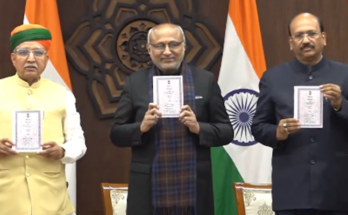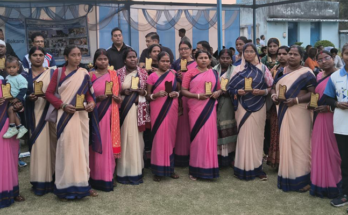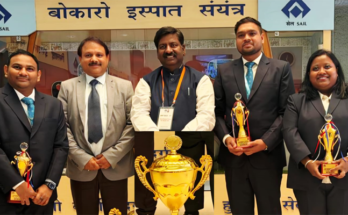Kolkata: A national-level webinar focusing on the ethical use of Artificial Intelligence (AI) and the role of libraries in literature reviews for research was successfully conducted at Brainware University.
The event witnessed enthusiastic participation from library professionals and research scholars across the country.
Organized under the joint collaboration of the Internal Quality Assurance Cell of Brainware University, the Library Professional Foundation (New Delhi), and the Centre for Multidisciplinary Research Innovation, the webinar aimed to foster critical thinking around AI tools in academic research.
Professor Deepak Kumar Srivastava, Divisional Librarian at the State Public Library, Kota, was the keynote speaker; addressing the audience, he cautioned researchers about the potential risks of blindly relying on AI, describing it as an “illusion” that demands cautious and informed usage. “While AI can support the research process, it must not replace ethical scrutiny and human judgment,” he said.
He urged scholars to verify information through authentic databases before incorporating it into their work.
Vice Chancellor of Brainware University, Professor Shankar Gangopadhyay, Research Director Dr. Rakhi, Conference Director Bandana Basu, Cheti Ghosh, and Dr. Anil Jharotia, President of the Library Professional Foundation, also addressed the gathering. Dr. Jharotia highlighted that around 600 participants attended the virtual event, reflecting the growing interest in the responsible application of AI in academia.
Prof. Srivastava also emphasized the increasing importance of libraries in the digital age, calling them essential gateways to verified and credible knowledge. He concluded that while AI may serve as a powerful assistant, it can never substitute the discernment and ethical responsibility of a researcher.
The webinar concluded with a call for balanced and informed integration of technology in research, underlining that integrity and authenticity remain at the heart of scholarly work.




